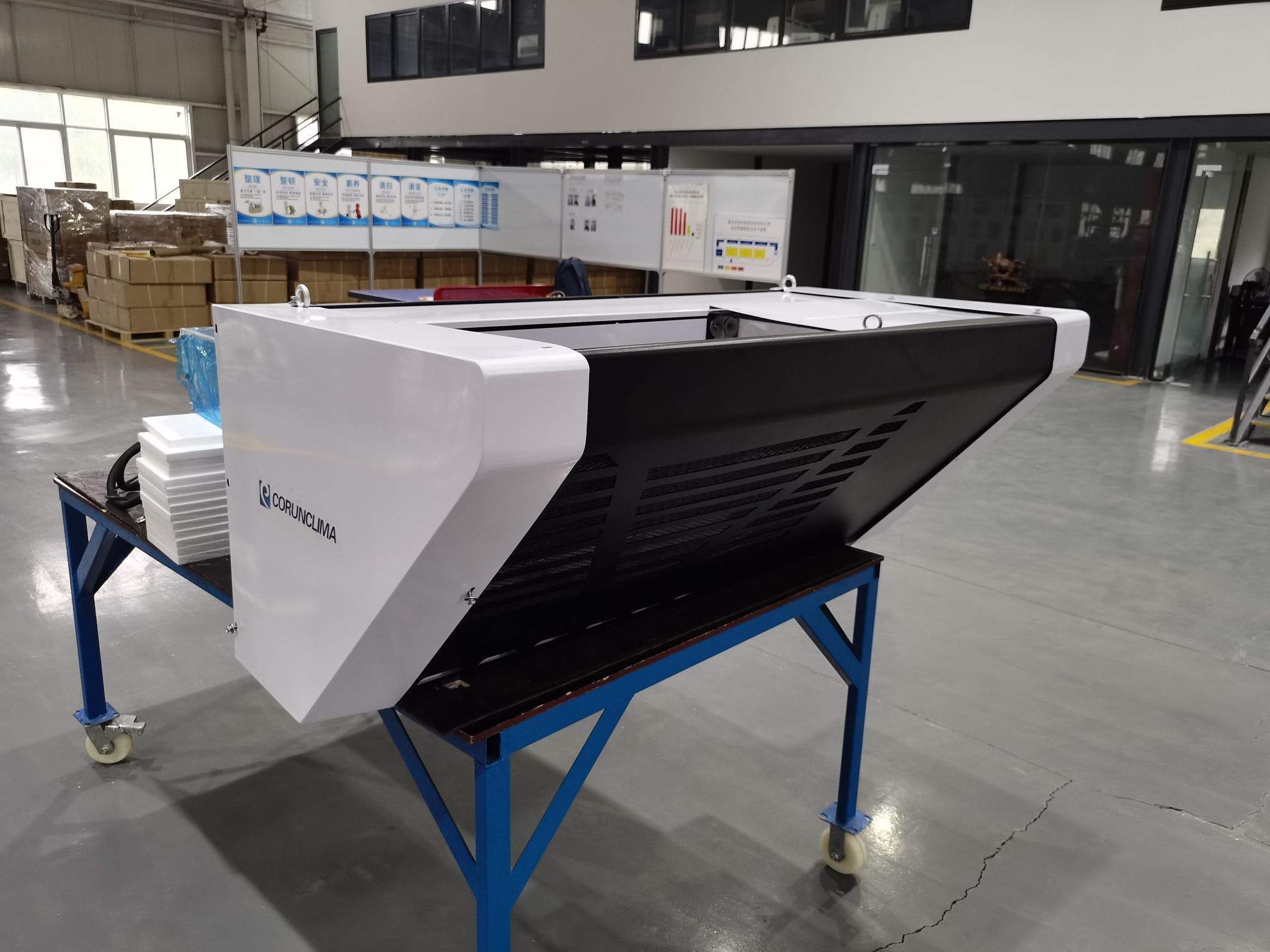Electric Truck Refrigeration Systems: A New Engine for Green Cold Chain Transportation
Amidst the rapid development of the logistics industry, electric truck refrigeration systems are emerging as a key technological innovation in the cold chain transportation sector due to their superior technical performance and environmentally friendly characteristics. This system not only aligns with the global trend of electrification in transportation but also provides a solid guarantee for the transportation of various perishable goods with its efficient and reliable temperature control capabilities.

Technical Principles and System Composition
The core of the electric truck refrigeration system lies in its innovative electric drive design. Unlike traditional refrigeration systems that rely on engine power, the electric refrigeration system uses an independent electric drive unit, powered by a battery or the electric truck's power battery. This design completely separates the refrigeration system from the vehicle's driving system, achieving more precise temperature control and energy management.
The system mainly consists of a high-efficiency compressor, an intelligent temperature controller, an evaporator unit, and a power conversion device. The compressor utilizes advanced variable frequency technology, automatically adjusting its operating power according to the actual temperature requirements within the cargo box. The intelligent temperature control system uses multiple temperature sensors to monitor temperature changes in different areas in real time, ensuring a uniform and stable temperature throughout the cargo box.
Advantages of the Intelligent Control System
The intelligent features of the electric truck refrigeration system are particularly prominent. The system is equipped with multi-point temperature control devices that can simultaneously monitor temperature conditions in different areas and automatically adjust refrigeration power through advanced control algorithms. This intelligent regulation not only ensures temperature stability but also significantly improves energy efficiency.
The addition of remote monitoring capabilities allows managers to monitor temperature changes during transportation in real time via the internet. In the event of any anomalies, the system will immediately issue an alarm and provide corresponding handling suggestions. This intelligent early warning mechanism greatly reduces the risk of loss of goods due to temperature fluctuations during transportation.
Environmental and Economic Benefits
In terms of environmental performance, the electric refrigeration system has even more significant advantages. Its zero-emission and low-noise operation makes it particularly suitable for urban nighttime delivery operations. Compared to traditional refrigeration systems, the electric system not only reduces its direct impact on the environment but also lowers overall carbon emissions due to its higher energy efficiency.
From an operating cost perspective, the electric refrigeration system requires less maintenance and has a longer service life. Due to its relatively simple structure and fewer moving parts, the system's failure rate is significantly reduced. At the same time, electric drive avoids the wear and tear problems of transmission components common in traditional refrigeration systems, further reducing maintenance costs and downtime.
Application Prospects
With the continuous maturation and market penetration of electric truck technology, electric refrigeration systems are demonstrating broad application prospects. From fresh food to pharmaceutical products, from precision instruments to specialty chemical materials, the transportation of all kinds of temperature-sensitive goods will benefit.
In the future, with advancements in battery technology and improvements in charging infrastructure, the range and applicable scenarios of electric truck refrigeration systems will further expand. The application of smart grid technology will also provide more possibilities for energy management of refrigeration systems, driving the entire cold chain logistics industry towards a more intelligent and green direction.
This innovative technology is redefining the standards of cold chain transportation, injecting new vitality into the logistics industry, and making a positive contribution to environmental protection and sustainable development.
